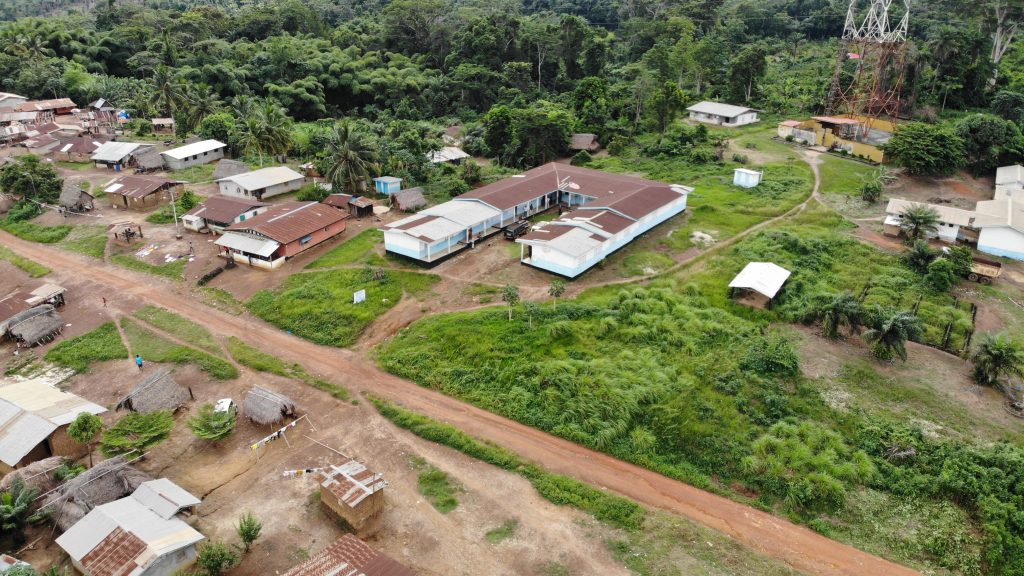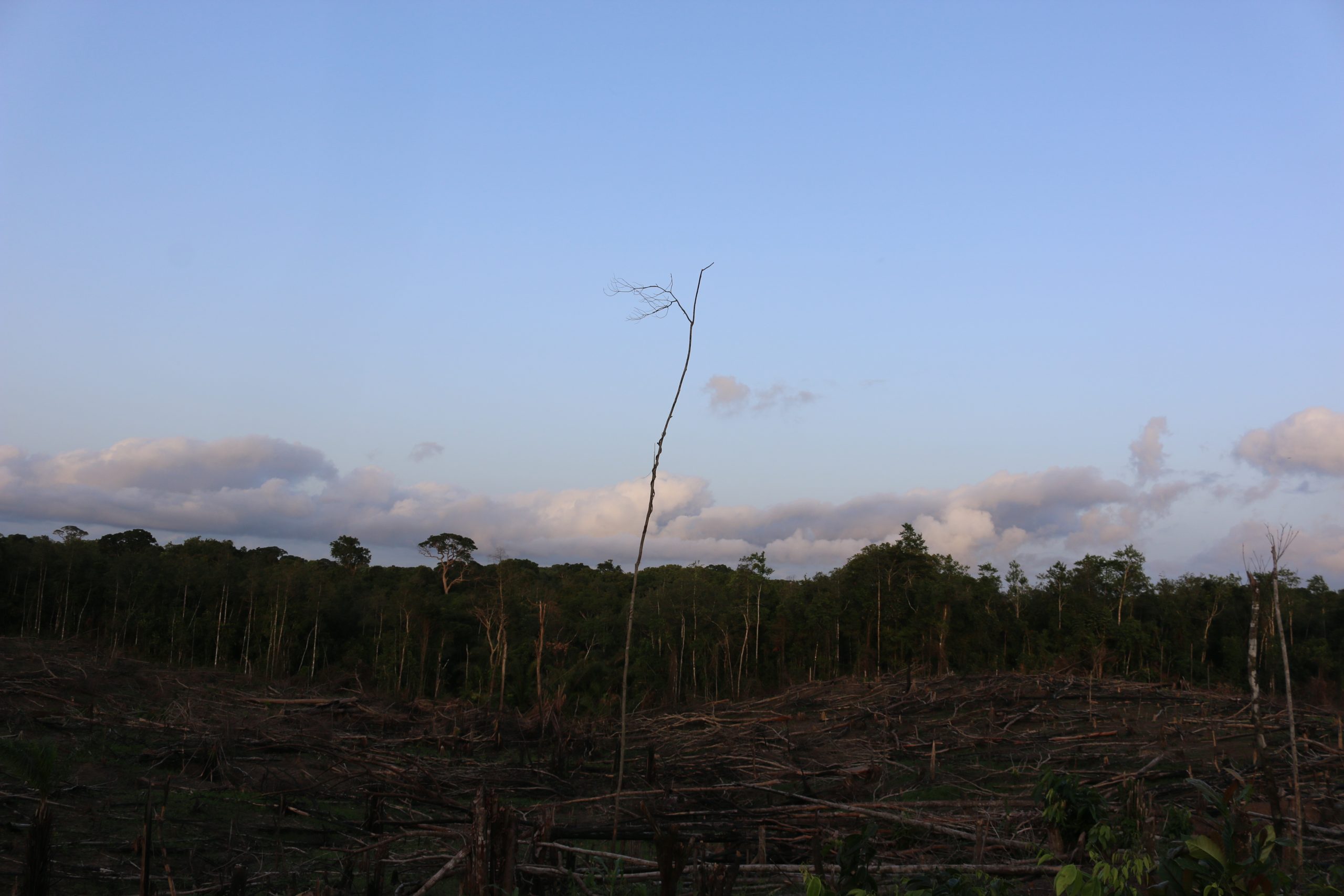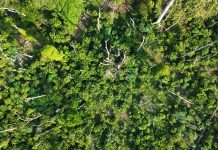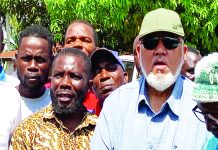Top: A cleared farmland in Jacksonville, Sinoe County. The DayLight/James Harding Giahyue
By Emmanuel Sherman
MONROVIA- Researchers have called for an open process to transform tribal certificates into title deeds, warning it could “corrode” customary land in Liberia.
“Tribal certificates are semi-recognized documents used by individuals, families and community to privatize customary or public land,” say Ali Kaba, Baba Sillah and Dr. Ibrahim Al-bakri Nyei in a recent report.
“There is no standard template or chain of custody for tribal certificates, the number in circulation is unknown but believed to be extremely high,” they add.
A tribal certificate is a legal document issued by local authorities mainly under the Public Land Law of 1956 to show interest in the land, not to own it. It was introduced by former President William V. S. Tubman to exert and expand the state’s influence in the hinterlands. Powerful chiefs and elders often awarded the documents without consulting the rest of their community.
In 2018, Liberia passed the Land Rights Act, a landmark legislation that recognizes customary land ownership. The new law mandates the government to work with communities and turn all tribal certificates into title deeds by 2020.
But more than five years after the new land law, tribal certificates are yet to be transformed into deeds, except for a few, which were issued illegally.
The researchers cite the lack of information, competing claims, social and material differences, and expertise as factors in the delay in transforming these documents into proper deeds.
“So, a community has 1,000 acres of customary land, and in that same community you have 1,000 acres of private land,” Kaba tells The DayLight in an interview.
“Those two things cannot exist in the same place. So, it becomes a corrosive instrument to undo customary land,” Kaba says.
To avoid that problem, the researchers are calling for a fair, transparent, and inclusive process and a grievance mechanism for converting tribal certificates into title deeds.
A 2015 survey conducted by the Land Commission now the Liberia Land Authority revealed there are over 1,500 tribal certificates in Bong County, averaging 250 acres per claim. The figure represents 15 percent of the total land area of the central county, which is just over 877,000 hectares.
“Validating tribal certificates at the community level must include diverse viewpoints and interest prioritizes the perspective of vulnerable groups such as women and youths,” Kaba says.

“This mechanism must be easily accessible to civil society and community members, who must clearly understand the procedures involved and the rights and entitlements of vulnerable groups.”
The researchers urge the Land Authority to create a tribal certificate guideline or regulation that would scale up the definition of “developed” land in the Land Rights Act.
Under the Land Rights Act, holders of tribal certificates are entitled to all of the developed portions of the land the documents represent. Kaba and co recommend that the developed portion should not be limited to fencing, surveying, and conservation but must include basic use and claims rights.
Stanley Toe, executive director of the Land Authority agrees with researchers about the risk the delay in transforming tribal certificates poses.
Toe, however, discloses the Land Authority is at 90 percent completion of the work. He says the regulation would address the definition and the vetting process of tribal certificates.
“So hopefully in the next two to three months we should be done with this particular process,” Toe says.
“A committee inclusive of civil society, community members and vulnerable groups will be set up to validate [tribal certificates] and the developed portion.”





Facebook Comments